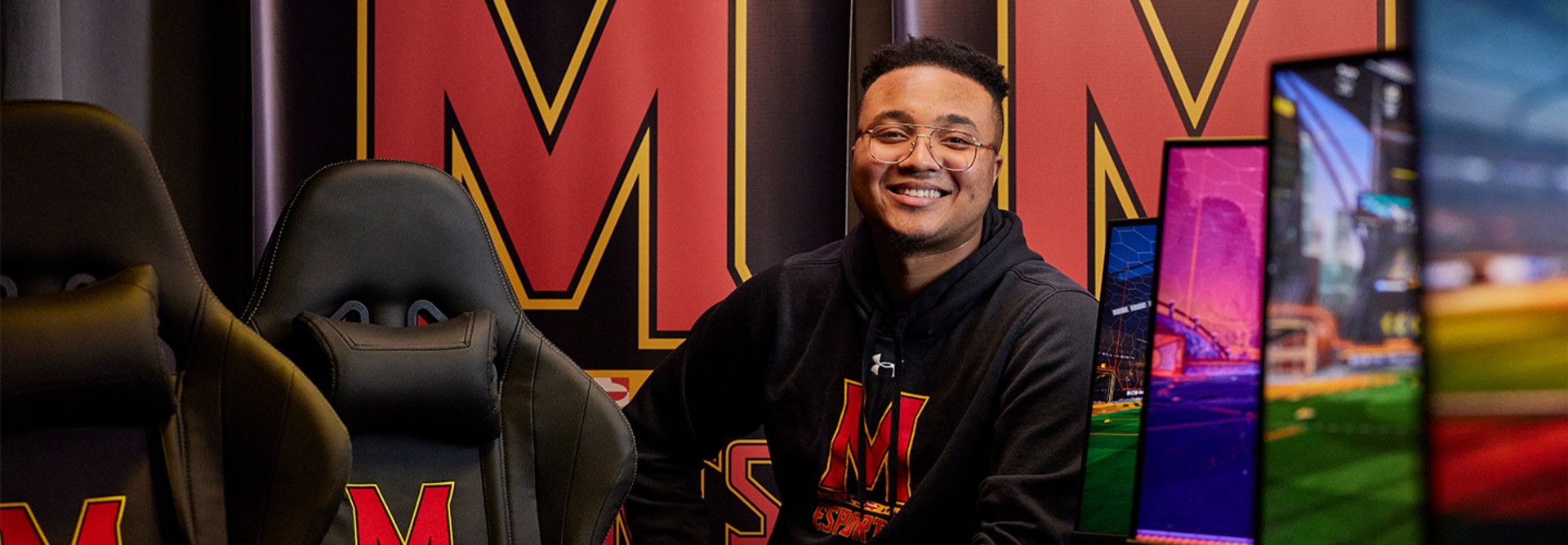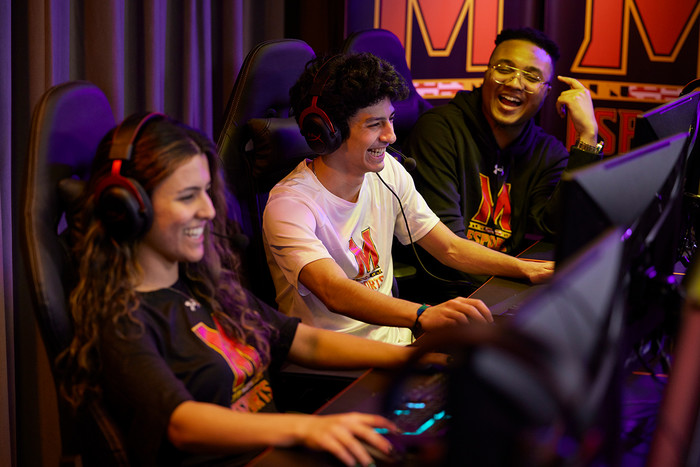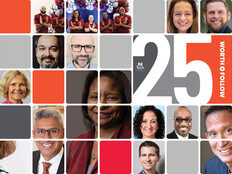EDTECH: Which experiences helped you transition from student gamer to program director?
BRACK: A lot of where I am today is because I participated in passion projects. Back in the day, a lot of esports leagues were completely student-driven, with no pay. One of the best examples is co-founding College CoD. In college, if I was told “no,” I wanted a valid reason for why I couldn’t do something or why it wasn’t possible. At our first esports club meeting, I asked if they had a Call of Duty team. Everyone laughed and said, “No, who would want to play Call of Duty at the collegiate level?” That was all it took for me to start my own league.
From there, I worked with a nonprofit that was helping Black and brown faces and historically Black colleges and universities get more in tune with esports. I wanted more representation of southeast esports and clubs, so I created the Southern Esports Invitational to showcase that.
These were projects that I wasn’t getting paid for, but I had a genuine passion and wanted to help. Now, when you go to a school and ask if they have Call of Duty, you don’t get laughed at. That participation got my name around so that people knew about me and what I brought to the table.
EDTECH: Other than becoming a professional gamer or program director, what career paths are available for students interested in esports?
BRACK: One goal of our program is to teach student workers that you don’t have to be the best gamer ever to have a career pathway. We have roles in graphic design, social media management, team management and coaching, and broadcast commentary and observation. Professional teams have sports medicine specialists to train players and professional chefs to provide healthy meals.
A lot of people view gaming as having a stigma attached to it, thinking that it’s nonsocial or won’t lead to a professional future. People are taken aback by the number of opportunities esports offers. I genuinely don’t think there’s an academic major that I couldn’t relate to esports.
LEARN MORE: How to design a college esports arena students want to use.
EDTECH: How does your undergraduate background influence how you mentor students now?
BRACK: It allows me to have more empathy for their experiences as competitors. A lot of directors don’t have that understanding and knowledge. This might make it harder to be empathetic about things like scheduling and mental health, which are big parts of our program.
I know how overwhelming it can be to compete at a high level while balancing school, work and a social life. I think that’s helped our players feel comfortable showing up in my office and talking things out.
EDTECH: How would you describe diversity in collegiate esports?
BRACK: Honestly, it’s abysmal. How many collegiate esports directors or even players are people of color across the country? When you look at the top level of competition, there are very few environments where you see people of color on those stages. There definitely have been strides with women in the industry, but those changes don’t have any substance when a woman can still log on to a game and within five minutes have a bad experience that makes her not want to play anymore.
There has to be a big shift in how we look at game inclusivity and accountability. A lot of coaches say that diversity and inclusion are part of their programs, but that’s not visible in their practices and recruitment. If we start being proactive in terms of doing the work and not just saying it’s important, we would make a lot more progress.












